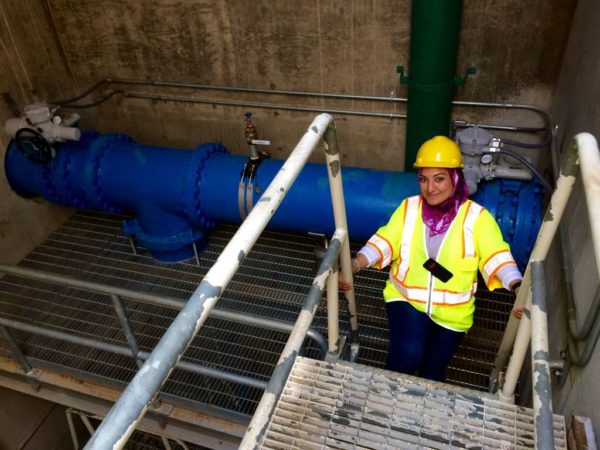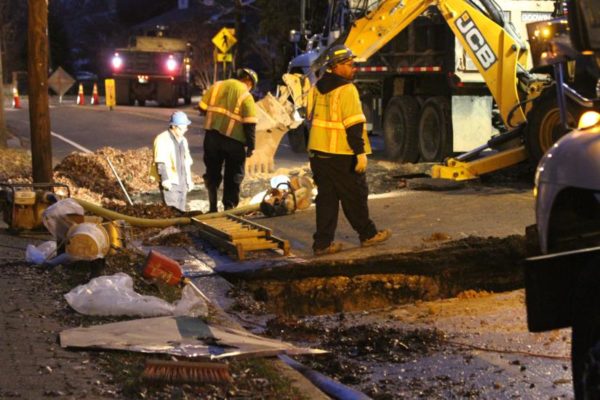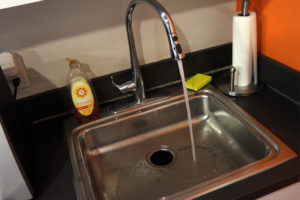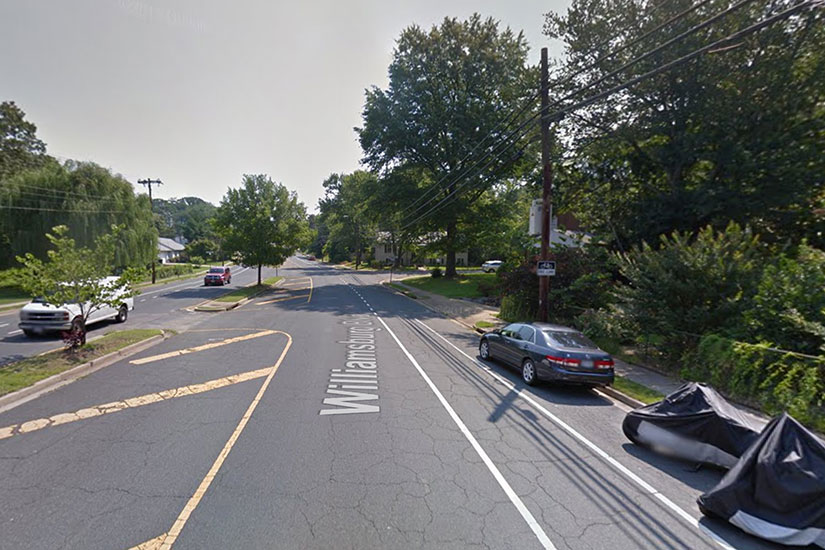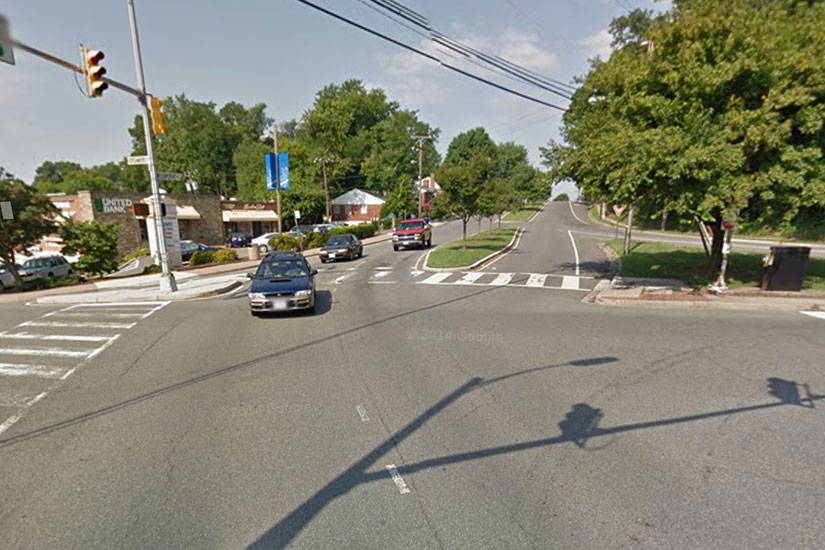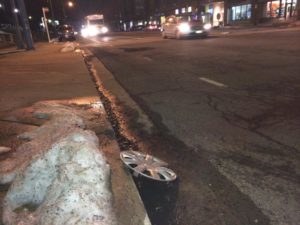 The Arlington County Board on Saturday approved a $1.8 million project to rehabilitate aging water mains.
The Arlington County Board on Saturday approved a $1.8 million project to rehabilitate aging water mains.
The work will take place throughout Arlington, and is intended to extend the life of the county’s water infrastructure while forgoing the expense of a complete replacement.
From a county press release:
The Arlington County Board today authorized $1.8 million for the rehabilitation of water mains, many of which have been in service for more than 60 years. The work will take place in neighborhoods across the County and includes the cleaning and relining of aging distribution pipes using a process called Mechanical Cleaning and Cement-Mortar Lining.
“These rehabilitation projects help the County extend the life of water mains and lines, stretch tax dollars, and prevent expensive and disruptive main breaks,” said Arlington County Board Chairman J. Walter Tejada.
Rehabilitation at fraction of replacement cost
Instead of replacing an aging water main, it is possible to rehabilitate the pipe if it is still in good enough condition. Every year, the County selects water mains based on age, frequency of main breaks, and reduction in flow capacity for rehabilitation at a fraction of the cost of new construction and with minimal disruption to the community.
Trenchless rehabilitation means less disruption
Corrosion deposits, known as tubercles, build up naturally over time in older unlined, water main pipes made of iron. The build-up does not normally affect the quality of the water, but it does decrease the capacity of the pipes and can affect water pressure. The trenchless pipe rehabilitation method that Arlington uses involves opening the road at the ends of the pipe segment, instead of cutting the road open along the entire length of the water main, making it less disruptive to traffic near the work area.
Arlington County runs many maintenance programs, such as the water main lining project, to prolong the life and productivity of our infrastructure and facilities. Some other maintenance programs include a distribution valve maintenance program, large valve maintenance program, fire hydrant maintenance program, fire hydrant painting, and annual water main flushing.
The project the Board acted on is part of the Water Main Rehabilitation and Replacement program, which is included in Utilities portion of the FY 2013 – FY 2022 CIP, (Capital Investment Program). D.H.C. Corporation has been selected for the cleaning and cement-mortar lining of Arlington water mains.
When crews work in your neighborhood, you will receive a notice in advance of the project. Temporary service lines are put in service during the work, and flushing is performed to make sure that all water lines are free from any debris that may have entered the system. If you have any questions about your water service in general or as related to one of our maintenance programs, please call 703-228-6555.
 Also on Saturday, the Board approved a new 12-room addition to Ashlawn Elementary School. The total cost of the project is budgeted at about $15 million.
Also on Saturday, the Board approved a new 12-room addition to Ashlawn Elementary School. The total cost of the project is budgeted at about $15 million.
The Ashlawn addition proved controversial thanks to opposition to a plan to create a loop road for student drop-off. In the end, the Board approved the addition with the loop road plan, but not before considerable debate and abstentions from Board members Chris Zimmerman and Mary Hynes, according to the Sun Gazette.
Separately, the Board also approved a technical update to reorganize the county’s Zoning Ordinance, as well as an amendment to the ordinance to allow outdoor cafes on private property to operate year-round.


